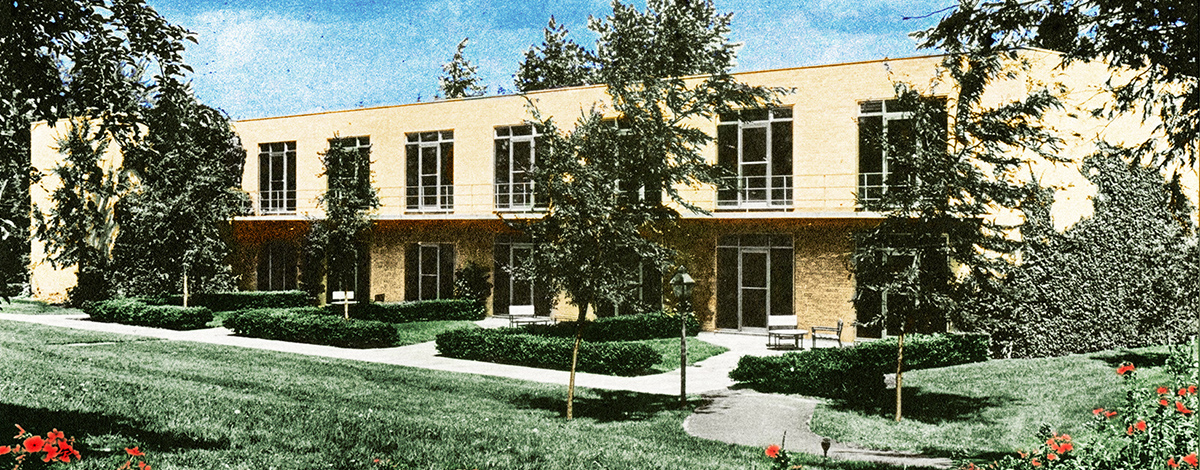Temporality: Stasis, Repetition, Transformation

At a moment of economic, social, and political crisis this center theme asks after time: its organization and its social and political effects. Concepts dependent on a theory of temporality stasis, change, life stages, eras, periodization, progression and regression, order, linearity, diachrony and synchrony, repetition, reiteration, duration, and rhythm are the building blocks of our contemporary social and cultural theory; time underpins our epistemological frameworks. And, as scholars across the humanities, social sciences, and the natural sciences have demonstrated, time and temporality are intricately connected to space, to affect, to the body, to subjectivity, and to politics. This theme brings together scholars in performance studies, feminist studies, media and film studies, queer studies, ethnic studies, anthropology, literary criticism, history, philosophy, art history, sociology, and cultural studies, and their overlapping yet distinct approaches to the critical study of time. Within the broader field, we will focus on stasis, repetition, and transformation, examining the logics of stasis and repetition in relation to recent conceptions of subject formations and transformations.
Lectures
All lectures begin at 6 p.m. unless otherwise noted, and are held in Russell House, which is located at the corner of Washington and High streets.
Globalization and Time
September 10
Lynn Hunt, University of California, Los Angeles
Chronopolitics of 19th-Century Displays of Difference
September 17
Lucian Gomoll, Andrew W Mellon Post-doctoral fellow, Wesleyan
Cultural Trauma, National Memory:
BDSM Play with Slavery and Fascism
September 24
Margot Weiss, Wesleyan
Saving the City
October 1
Elijah Huge, Wesleyan
The Times We’re In
October 8
Robyn Wiegman, Duke University
Remembering the Future
October 22
Karen Barad, University of California, Santa Cruz
Temporality and Normativity
October 29
Joe Rouse, Wesleyan
Racial Trauma and Triangulation in Susan Choi’s The Foreign Student
November 5
Amy Tang, Wesleyan
“Minerals Alone Escape It”: Mourning Time
November 12
Lisa Cohen, Wesleyan
Latency as Origin of Our Present.
Conjectures about a New Social Construction of Time
November 19
Hans Ulrich Gumbrecht, Stanford University
Ten Digital Preludes
November 26
Tom Boellstorff, University of California, Irvine
Law, Ornament, and the Quotidian Body
December 3
Anne Cheng, Princeton University
